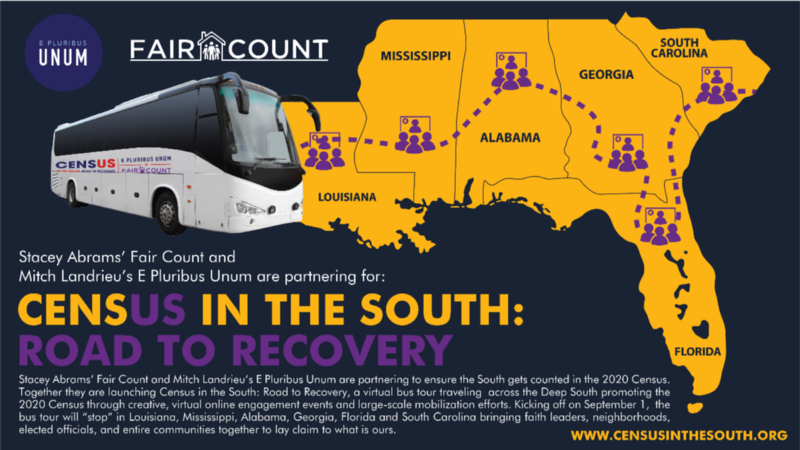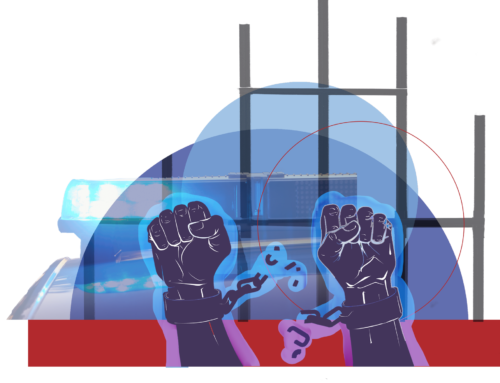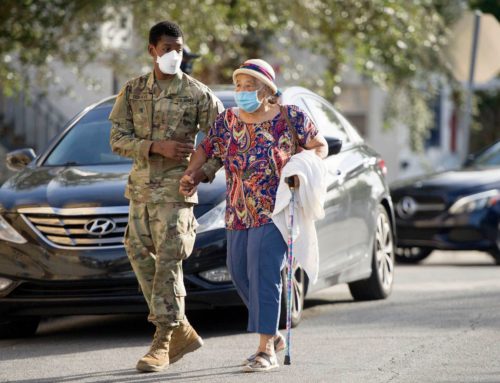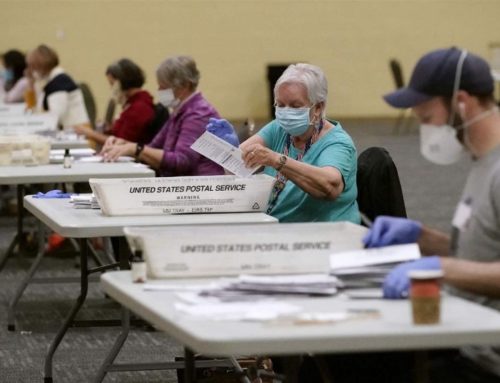I hope all of you had a restful Labor Day and had a moment to reflect on the renewed gratitude for our workers who are the backbone of our economy.
During this pandemic, millions of Americans have and continue to go to work each day in essential roles; they are heroes who risk their health every day, but still earn less than a living wage. While many of us continue working from home, it’s important to remember that it’s not a luxury every one of us can afford. In the South, many frontline sectors are made up of large percentages of people of color. Fewer than 20 percent of Black Americans have had jobs that allow them to work at home. Many Black workers are concentrated in public-facing jobs, working in mass transit, home healthcare, retail and service, where social distancing is virtually impossible.
Our country also still has grave economic insecurity. It’s important to remember that before the COVID-19 pandemic hit, one in every three Americans lived with economic insecurity; more than half are people of color as the result of decades of structural racism and the resulting income inequality. Even worse, approximately 140 million Americans could not afford a $400 emergency before the pandemic. Put simply, the coronavirus has only emphasized a widespread and long-existing pandemic of poverty that is too readily ignored or accepted in our communities.
Many have asked how our economy can recover from COVID-19. I think the more important question is, “How can we rebuild our economy back better than it was before the pandemic sent tens of millions hurtling towards unemployment?” Instead of solely offering nice platitudes, “honoring” these workers can start with paying them a living wage, providing paid sick and family leave, and ensuring greater workplace protections as the pandemic continues. Rebuilding our economy back better looks like prioritizing worker protections by making policies and investments that protect people first. It includes enacting long-term, permanent solutions to their needs like stronger employment benefits, support for childcare services and ensuring food assistance is accessible.
What can be done to address these issues? Read about our policy recommendations here.
Where do the presidential candidates stand on these important issues? Check out our presidential policy tracker here.
EPU’s work is going to address these disparities through our policy recommendations, UNUM Fellows leadership training and our engagement through the Truth. Action. Reconciliation virtual conversation series. And, like we do in so many facets of our lives, we need to redesign the systems that have kept us apart. This work must start with rebuilding an economy that works for all American people.
Mitch Landrieu
Founder and President
UPCOMING EVENTS
Census in the South: Road to Recovery Virtual Bus Tour Makes 5 Stops
Last week, EPU founder and president Mitch Landrieu and Fair Count founder Stacey Abrams announced a partnership to increase census participation in the American South and launched the Census in the South: Road to Recovery, a virtual bus tour traveling across the Deep South promoting the 2020 Census through creative, online engagement events and large-scale mobilization efforts.
The shortening of the already challenged 2020 Census, in tandem with the COVID-19 global pandemic, has placed our very democracy in a precarious state. Historically, the regions featured at this bus stop have been undercounted. The 2020 Census will direct more than $1.5 trillion through more than 300 programs for the next decade and divvy up political power through reapportionment and redistricting.
This virtual bus tour is traveling across Louisiana, Mississippi, Alabama, Georgia, Florida, and South Carolina in an effort to raise awareness about the 2020 Census and how ensuring a fair and accurate count is the first, critical step in recovering from the global pandemic.

We only have 23 days left to respond to the 2020 Census, and this week the bus is “stopping” in Alabama tomorrow, Sept. 9 at 8 pm ET/ 7 pm CT.
The tour moves to Georgia on Thursday, Sept. 10 at 7 pm ET/ 6 pm CT for a tele-townhall with Black Men Count, and to north Florida & southeast Georgia on Friday, Sept. 11 at 7 pm ET/ 6 pm CT.
On Monday, Sept. 14 at 8 pm ET/ 7 pm CT, the tour will “visit” Louisiana for a conversation with faith-based leaders on their role in the census and how their congregations can respond to the census. Learn more about the rest of the stops on the virtual bus tour here.
Join us as we continue to make sure Southerners, who bearing the brunt of COVID-19 and at risk of losing money and power for the next generation, get a fair count in this year’s census.
NEWS AROUND THE SOUTH
Eight Southern states rank within top 15 states among correctional facilities with highest number of COVID-19 cases reported [The Marshall Project]
The new Southern strategy: How Black mayors in the South are leveraging both the power of office and the power of the street to achieve overdue changes [The Atlantic]
Alabama: Thousands of Birmingham Water Works customers could see their water service shut off for nonpayment beginning in October after a months-long moratorium on disconnections [AL.com]
USDA waiver lets north Alabama students eat free at schools through 2020 [WAAY 31]
Arkansas: Arkansas nonprofits meet virus challenge by adapting amid financial distress and service interruptions [Northwest Arkansas Democrat-Gazette]
Florida: City Of Fort Lauderdale sees opportunity to raise ‘critically low’ census count via COVID food drives [4 CBS Miami]
Georgia: Stacey Abrams and Mitch Landrieu launch virtual bus tour to encourage completion of the 2020 Census [All On Georgia]
Kentucky: Kentucky City Enjoys Booming Economy Amid Pandemic As Rest Of Country Reels [NPR]
Louisiana: Louisiana receives waiver to allow purchase of “hot foods” with SNAP benefits [KTBS]
Mississippi: It’s too important: Residents urged to self-respond to the 2020 Census [The Vicksburg Post
North Carolina: North Carolina becomes 1st state to send out mail-in ballots for November election [NPR]
South Carolina: The Governor hopes to use $50 million approved by the State General Assembly for the development of a statewide broadband plan to address gaps in the state’s wireless infrastructure [FOX Carolina]
Texas: Texas mayors warn pandemic’s effects on city budgets will linger for years [Fort Worth Business Press]
Tennessee: Nashville Mayor John Cooper wants to deputize city employees to enforce coronavirus health orders [The Tennesseean]
Virginia: Five Virginia-based nonprofits have partnered to create the “We Care RVA Rebuild Project,” a $1 million relief fund in support of small, women, and minority-owned businesses financially impacted by COVID-19, as well as social justice demonstrations in the Richmond region [NBC 12]




